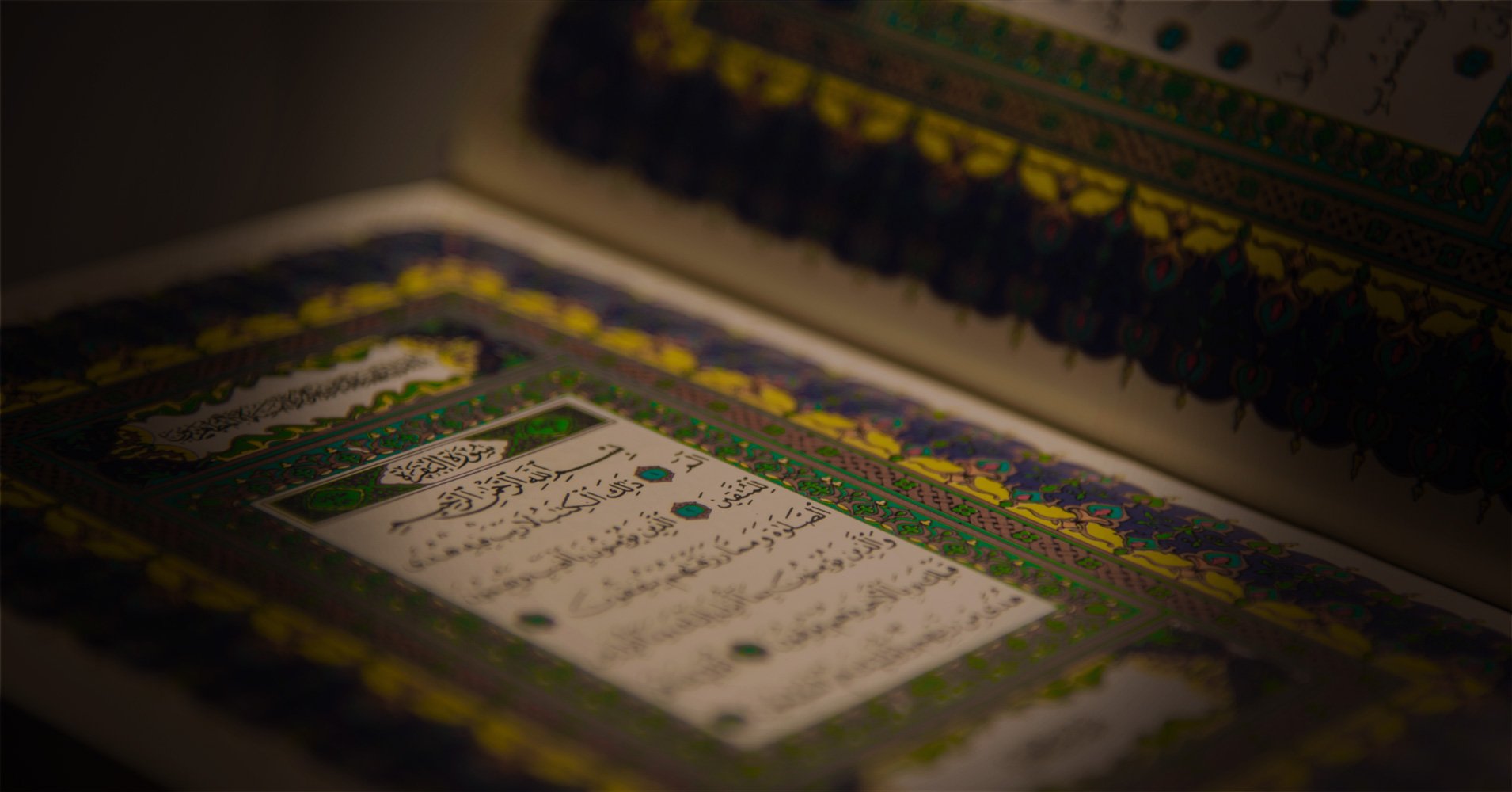Your claim: "The Qur'an is not preserved as a result of changes, coverings, addendums."
The only thing a Muslim would need to prove to dismiss your (David Wood & Daniel Brubaker's) contention: The same Quran revealed to Prophet Muhammad is the same Quran that I have in my hand today.
-- If one scribe in the history of Islam made a single mistake in the copying of the Quran, is that evidence that the Quran was not preserved and transmitted? No.
-- If a manuscript is found where the scribe, subject to dittography and haplography, omitted, or substituted a word, mistaking it for a similar passage, does that mean the Quran was not preserved? No.
-- How do we know that a manuscript in which the copyist made such a mistake, was not taken to be part of the Qur'anic text? Because manuscripts written before the erroneous manuscript would not include the same error. The Quran is a living text, i.e. it is known by memorisers, to the extent that a single mistake, however small, would be recognised and corrected. What about all the other manuscripts written at the same time do not include that mistake. Do we then pay attention to the erroneous script, and ignore all the correct ones?
-- By the above logic you would have to accept that a 1631 reprint of the King James Bible, that by
mistake, inscribed the words 'thou shalt commit adultery', in Exodus 20:14, was in fact, legitimate. But guess what your counter argument would be: this misprint goes against the other manuscripts, the word 'not' is supposed to be there. If such a 'consonantal change, covering, the missing of 3 or more entire words' happened in the Quran do you not think that there would be a clear grammatical error, and the sentence would not make sense anymore? Forget "perfect preservation", the sentence itself would not even make sense in the Arabic language. Do you think an Qur'anic linguist and grammarian would accept this poor copy as correct in face of the all the other evidence?
-- Why would a variant script be accepted in the face of the available tafseer, textual criticisms, and agreed collective consensus of the learned scholars and companions of the Prophets himself? Scholars have always been very careful about this: there is an entire science dedicated to the reliability of hadeeth, and the judgement of whether hadeeth are reliable or not. This same academic rigour is applied to such manuscripts. If the transmitter is not a reliable, known character, and the details of the transmission of his evidence are not proven, what reason would the scholars have to trust him?
-- I recommend you read: The History of the Qur'anic Text from Revelation to Compilation, it is free download from the kalamullah website, it might give you a greater insight into the matter.
https://www.kalamullah.com/history-of-the-quranic-text.html
View attachment 38819View attachment 38820

en.wikipedia.org

en.wikipedia.org

en.wikipedia.org

en.wiktionary.org

:max_bytes(150000):strip_icc()/peacock-5-layer-bodies-blue-500-56a468ef5f9b58b7d0d6db9d.png)









